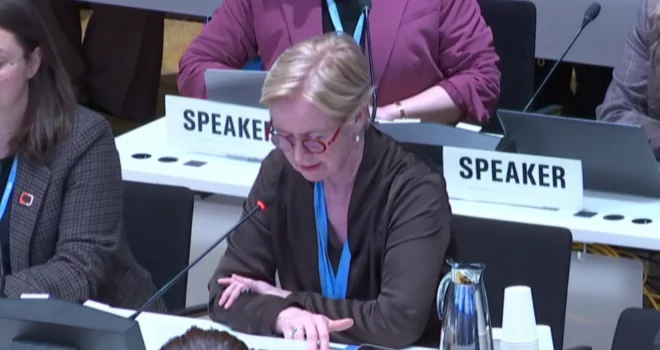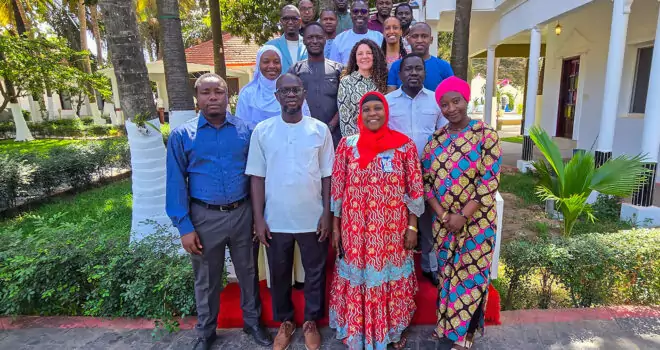On July 9, 2019, the World Health Organization (WHO) updated their core guidance documents on medicines and diagnostic tests to address health challenges, prioritise highly effective therapeutics, and improve affordable access for patients, with a significant focus on NCDs.
The new WHO Essential Medicines List (EML) includes fixed-dose combination antihypertensive medications and new oral anticoagulants (NOACs), which are crucial for stroke prevention and for the management of atrial fibrillation and hypertension, especially in low-resource settings.
The effort to add NOACs to the EML was led by a team of WHF Emerging Leaders as part of the 2018 GOALPoST project, which aims to improve global access to oral anticoagulants to prevent stroke in atrial fibrillation. The GOALPoST team worked to establish robust evidence on the efficacy and safety of NOACs in preventing stroke worldwide, with the ultimate goal of seeing them included on the WHO essential medicines list.
The project was led by Mariachiare Di Cesare, with teammates Biraj Karmacharya, Abiodun Adeoye, Ferdous Hakim, Asim Katbeh, Xinyi Leng, Lis Neubeck, Stephanie Partridge and Ezequiel Zaidel.
The push to add fixed-dose combinations (FDCs) of antihypertensive medications to the list was led by Resolve to Save Lives and is a critical step to improve the availability and affordability of these drugs, making it easier for the more than one billion people with raised blood pressure worldwide to regularly take the medicines they need to prevent early disability and death.
Sandeep Kishore, a WHF Emerging Leader, served as a consultant for Resolve to help coordinate the application to add fixed dose combinations for hypertension to the WHO Essential Medicines List. As a public health physician and scientist, Sandeep has worked with teams for the past 12 years to enlist other priority medications for cardiovascular disease on the Essential Medicines List, including statins and modern beta blockers.
Sandeep hopes this measure will help make these important medicines more accessible worldwide: “We hope that the addition of FDC for hypertension on the WHO EML will make the access to these treatments more available for use in hypertension control programs in low and middle income country settings; and also that we will see the modernization at the national level to include these treatments on national essential medicines lists and formularies to ensure availability in the public sector.”
A letter from WHF President Karen Sliwa, Resolve President and CEO Tom Frieden and other global health leaders was published in the Lancet this week, commending WHO for supporting the global effort to make these important medicines more widely available.
But our work here is not over. WHF will continue to work closely with governments and policymakers to save lives and put these essential medications in the hands of those who need them.


